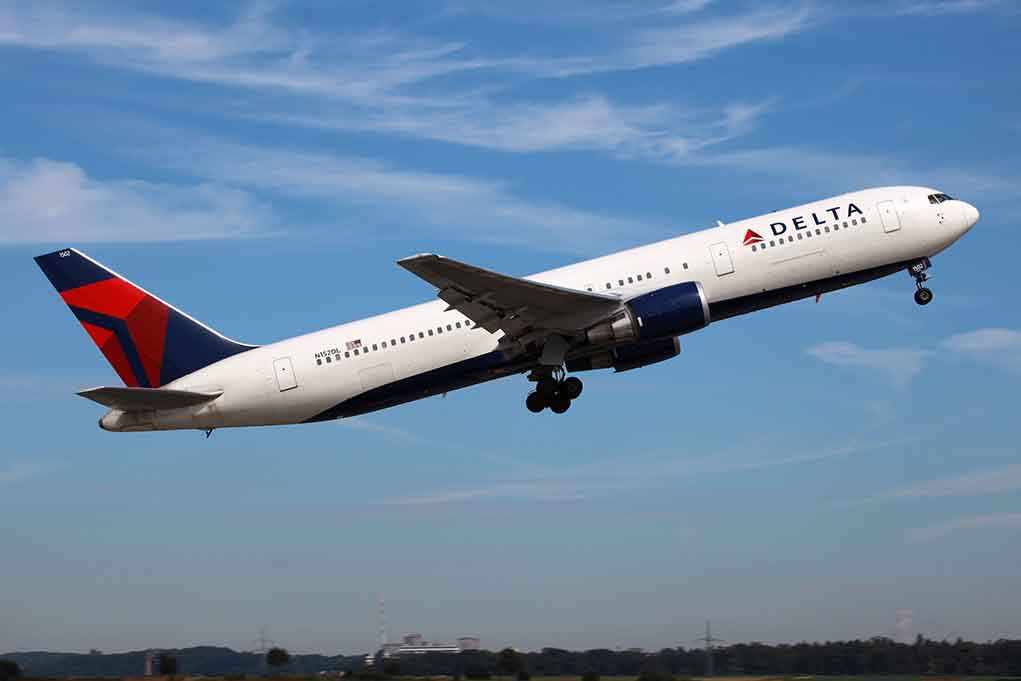
Delta Air Lines is facing intense scrutiny over its use of artificial intelligence to set ticket prices, raising questions about fairness, privacy, and potential discrimination.
At a Glance
- Delta has begun using AI for ticket pricing, currently affecting 3% of fares with plans to expand to 20% by year-end.
- U.S. Senators are demanding transparency on the data used in AI pricing, citing concerns over privacy and fairness.
- Delta claims the AI system does not use personal financial data or spy on passengers.
- Regulatory scrutiny is increasing, with potential implications for AI use in consumer pricing.
Delta’s AI Pricing Controversy
Delta Air Lines is no stranger to the spotlight, but its latest move to use artificial intelligence in setting ticket prices has stirred a pot of controversy. Since the airline announced plans to implement AI-driven pricing, lawmakers and consumers alike have raised eyebrows. The system, developed with Israeli startup Fetcherr, is currently in use for 3% of Delta’s fares, with plans to expand to 20% by the end of 2025. While Delta reports enhanced revenue, questions about privacy and fairness loom large. Critics worry this could be another classic case of technology overreach, where consumers are left holding the bag.
Delta President Glen Hauenstein describes the AI as a “super analyst,” tirelessly optimizing pricing. Yet, this technological marvel is under fire, as it has attracted the attention of U.S. Senators seeking clarity on what data is being used. The fear is that AI could potentially discriminate, charging different prices based on dubious metrics. Delta assures that personal financial data isn’t part of the equation, but skepticism remains. After all, when has corporate assurance ever been enough to quell public anxiety?
Senators Demand Transparency
In response to public concern, U.S. lawmakers have stepped in, demanding transparency from Delta. They want to ensure consumer protection in an era where AI is increasingly making decisions that affect our wallets. The demand is clear: show us the data. What information is being used to determine these fares? How are these algorithms really working? With privacy and fairness at the forefront, these questions aren’t just rhetorical—they demand answers.
Delta’s move comes at a time when the intersection of AI and consumer pricing is a hot-button issue across the globe. Regulators in the U.S. and Europe are watching closely, considering the implications of allowing AI to dictate prices. Could this lead to a new era of pricing discrimination, or is it simply a more efficient way to manage supply and demand? Only time will tell, but the stakes are high.
Potential Industry Shift
The implications of Delta’s AI pricing could ripple through the airline industry and beyond. If successful, other airlines may adopt similar models, fundamentally changing how ticket prices are set. Imagine a world where your fare isn’t just about when you book or where you’re going, but about who you are—or at least, what an algorithm thinks you are. This isn’t just a technological shift; it’s potentially a paradigm shift in how we view consumer pricing.
However, with innovation comes the potential for backlash. Consumers could push back against what they perceive as unfair practices, leading to reputational damage for airlines that embrace this technology too eagerly. Moreover, regulatory bodies could step in, especially if AI pricing is seen as crossing ethical lines.




